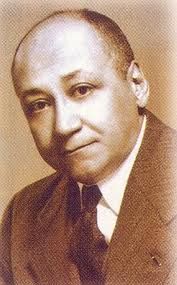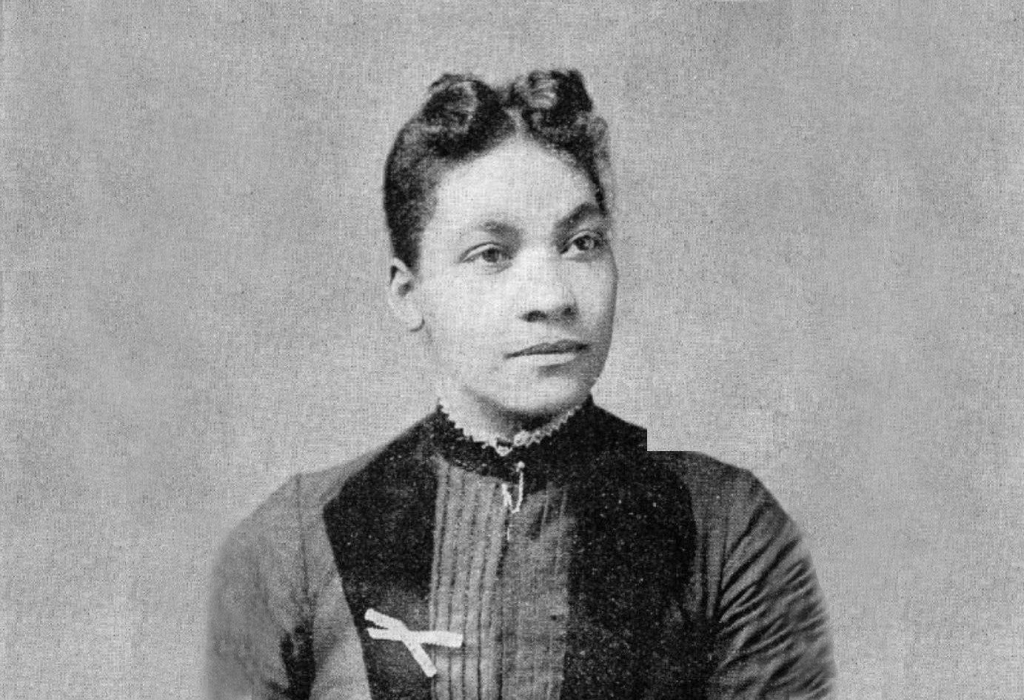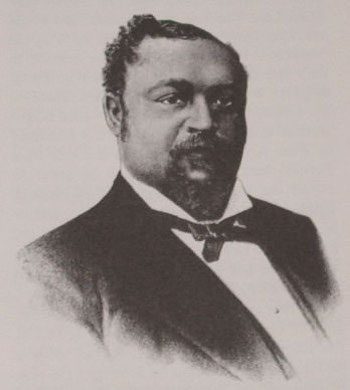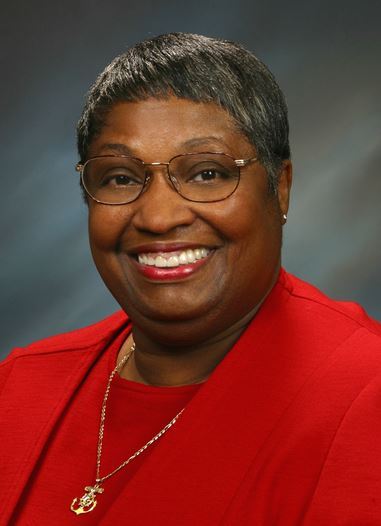Honoring Black History Month: Dr. Louis T. Wright
Among many of his accomplishments, Dr. Louis T. Wright was the first African American on the surgical staff of a non-segregated hospital in New York City.

Louis T. Wright was born in 1891 in La Grange, Georgia. Wright was the son of a doctor and graduated from Clark Atlanta University in 1911. He went on to attend Harvard University and was very vocal about the unfair treatment he received from professors for not allowing him to deliver babies at a white teaching hospital. Despite graduating 4th in his class from Harvard University, he was unable to obtain an internship to work at any of Boston’s hospitals. Having graduated from a Historically Black College and University (HBCU) for his undergraduate degree, Dr. Wright took his talents to an affiliate of another HBCU, Howard University, to complete his post-graduate internship at Freedman’s Hospital in the District of Columbia.
In 1916, he returned to Atlanta to practice medicine with his stepfather and decided to join the NAACP. He later served as a Lieutenant in the Army Medical Corps during World War I. Dr. Wright ran a field hospital in France and would go on to attain the purple heart, a medal that represents a service member that has greatly sacrificed themselves, or paid the ultimate price, while in the line of duty. After the war, he opened a small practice in Harlem, New York in 1919 and continued to work with the local NAACP chapter.
In 1929, the New York Police Department appointed him Police Surgeon. In 1935, the NAACP appointed him Chairman of the board, and in 1943, Harlem Hospital named him Chief of Surgery. None of these titles have ever been awarded to an African American before.
Dr. Wright suffered from chronic lung damage that he acquired in the war from 1939 to 1942 and was later diagnosed with tuberculosis. He passed away in 1952 of a heart attack. Louis T. Wright was one of the most respected physicians during his time and his research proved significant in areas such as antibiotic treatment, cancer, treating head injuries and treating bone fractures.
For more life-saving stories of Black history and healthcare in America, check out these posts:
Understanding the Tuskegee Study
The Lasting Impact of Henrietta Lacks
Enslaved Women and Modern Gynecology
Honoring Black History Month: Dr. Charles Richard Drew
Honoring Black History Month: Dr. Daniel Hale Williams
Honoring Black History Month: Dr. Kizzmekia Corbett
Honoring Black History Month: Dr. Alexa Irene Canady
Honoring Black History Month: Dr. James Durham







